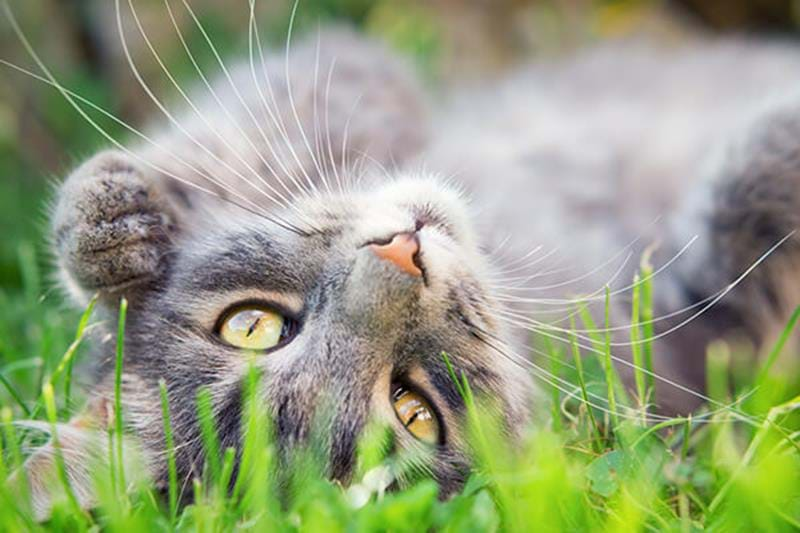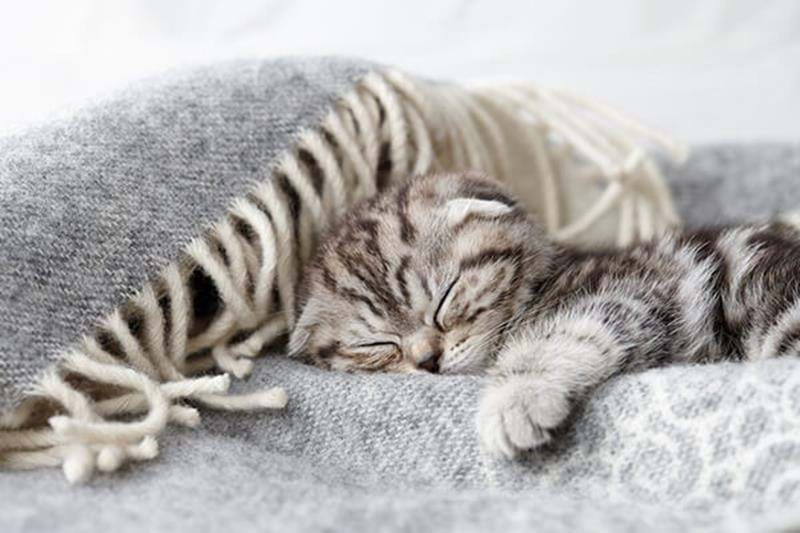By learning about kittens and their development as they enter adult life you can prepare yourself for changes and ease the transition for your cat. Ensuring that your cat’s lifestyle and surroundings cater for their changing needs as they grow from kittens to adults is a great way to build a lasting relationship with them.
KITTENS WEEK BY WEEK
Kittens are curious and active animals. Playing and exploring the world around them is a major part of their daily lives.
KITTENS WEEK BY WEEK:
- 2 weeks – kittens open their eyes.
- 2- 9 weeks – the kitten begins to form social connections through familiarity. The kitten’s relationship with humans continues to develop until it is approximately 4 months old. Social play develops continuously (peaking around 12 – 14 weeks).
- 4 weeks – the kitten starts eating solid food. The cat learns by observing.
- 5-6 weeks voluntary excretion (the kitten does not need help to wee and poo).–
- 7-8 weeks – the sleep cycle starts to take on the adult pattern. Playing with objects begins.
- 7-9 weeks – the first vaccinations, other vaccinations are given 3-4 weeks later at around 12 weeks.
After the kitten opens its eyes for the first time, play is mainly with its litter mates and the mother. As the kitten gets older, the game develops into manipulating objects such as toys.
It is through play that the kitten acquires the experience and skills required for a life as an adult cat, for example when it comes to interaction with other cats.
The game also trains the kitten physically and often includes the same patterns found in hunting.
Cats play all their lives and therefore it is important to ensure that the cat’s environment includes the opportunity to play even when it gets older.
At 4 weeks the kitten starts eating solids. During this period, the kitten will acquire particular preferences including tastes and food consistency. This will affect the type of meals the cat prefers during its life.
That’s why it’s important to find out what the kitten has eaten for food during its upbringing and to gradually introduce a new food alongside the old one when changing meals.
Further reading :
FROM KITTEN TO ADULT CAT
Cats reach sexual maturity at around four months old.
FROM A YOUNG CAT TO AN ADULT CAT:
- 4 months – the kitten’s social skills are established.
- 4 – 10 months – sexual maturity, females reach maturity earlier than males As a pet owner, you are responsible for ensuring that your cat does not reproduce without prior planning.
- 1 year – first booster vaccination, aftr this your cat will be vaccinated every 1-3 years depending on the vaccine and kitten’s lifestyle.
- 2-4 years – social maturity, when outdoor cats start defending their territory.
- 3 years – the cat is now an adult cat.
Even young cats are very active. When they’re awake they climb, run around and play. Your home needs to have plenty of opportunites for play without your cat hurting themselves. Over time this general activity decreases and your cat will become more focused. As they grow more socially mature this can also affect their relationship with others, especially with cats. This happens when the cat is an adult – between 2 and 4 years old. Social maturity is when outdoor cats start defending their territory. This can result in previously well-functioning couples or groups of indoor cats starting to compete for resources and space. Due to the fact that social maturity occurs so late in cats, there are unfortunately no guarantees that kittens that get on well together will continue to do so as adults. But by working actively to reduce competition and conflict for the home’s resources, cat owners can reduce the risk of problems in adulthood. The most important thing is to make sure that all cats have access to the spaces and resources they need to feel good.
Article by: Elin Hirsch, Bozita’s own cat expert, doctor in ethology focussing on cat behaviour.







